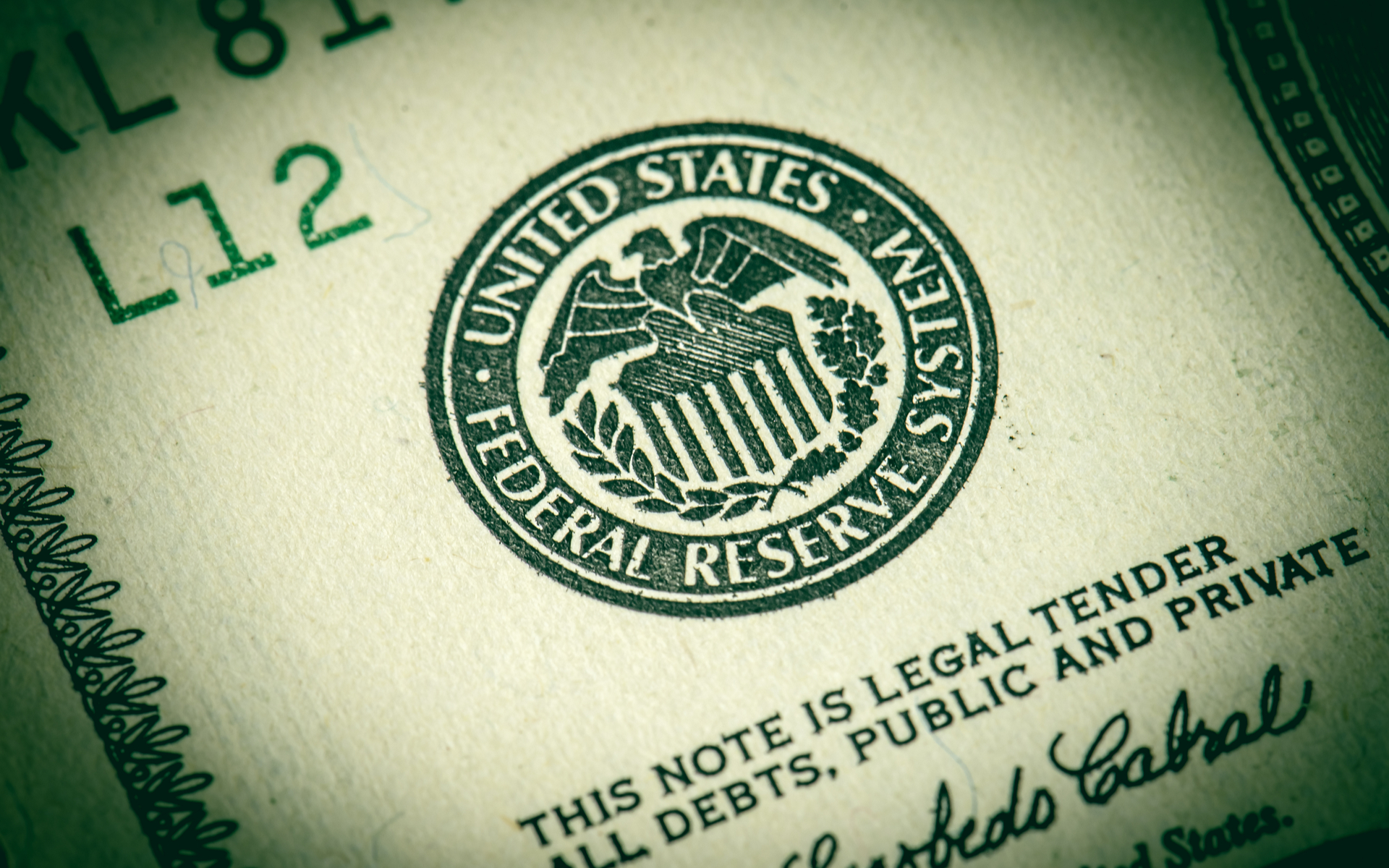PALO ALTO, Calif. (Reuters) - The Federal Reserve is taking a look at a broad variety of issues around digital payments and currencies, including policy, design and legal factors to consider around potentially issuing its own digital currency, Governor Lael Brainard said on Wednesday. Brainard's remarks suggest more openness to the possibility of a Fed-issued digital coin than in the past." By changing payments, digitalization has the prospective to deliver greater value and convenience at lower expense," Brainard stated at a conference on payments at the Stanford Graduate School of Service.
Reserve banks globally are debating how to manage digital finance technology and the dispersed ledger systems used by bitcoin, which promises near-instantaneous payment at potentially low cost. The Fed is developing its own round-the-clock real-time payments and settlement service and is presently reviewing 200 comment letters submitted late last year about the proposed service's design and scope, Brainard said.
Less than two years ago Brainard told a conference in San Francisco that there is "no engaging demonstrated need" for such a coin. But that was before the scope of Facebook's digital currency ambitions were commonly known. Fed authorities, consisting of Brainard, have actually raised concerns about customer protections and data and privacy risks that could be postured by a currency that could enter into usage by the third of the world's population that have Facebook accounts.
" We are teaming up with other reserve banks as we advance our understanding of main bank digital currencies," she said. With more countries checking out issuing their own digital currencies, Brainard stated, that includes to "a set of factors to likewise be ensuring that we are that frontier of both research study and policy development." In the United States, Brainard stated, issues that require study include whether a digital currency would make the payments system much safer or Visit website simpler, and whether it could pose monetary stability threats, including the possibility of bank runs if cash can be turned "with a single swipe" into the main bank's digital currency.

To counter the financial damage from America's extraordinary national lockdown, the Federal Reserve has taken unmatched steps, including flooding the economy with dollars and investing straight in the economy. Most of these relocations received grudging acceptance even from lots of Fed skeptics, as they saw this stimulus as needed and something just the Fed could do.
My brand-new CEI report, "Government-Run Payment Systems fedcoin price today Are Risky at Any Speed: The Case Versus Fedcoin and FedNow," information the dangers of the Fed's existing strategies for its FedNow real-time payment system, and propositions for central bank-issued cryptocurrency that have actually been called Fedcoin or the "digital dollar." In my report, I talk about issues about personal privacy, data security, currency adjustment, and crowding out private-sector competitors and development.
Advocates of FedNow and Fedcoin say the federal government should produce a system for payments to deposit immediately, rather than motivate such systems in the private sector by lifting regulative barriers. But as https://zanderjavp.bloggersdelight.dk/2021/09/06/bitcoin-is-big-but-fedcoin-is-bigger-the-washington-post-2/ kept in mind in the paper, the economic sector is providing an apparently limitless supply of payment innovations and digital currencies to fix the problemto the degree it is a problemof the time gap in between when a payment is sent out and when it is gotten in a checking account.
And the examples of private-sector development in this location are numerous. The Cleaning House, a bank-held cooperative that has been routing interbank payments in numerous types for more than 150 years, has actually been clearing real-time payments given that 2017. By the end of 2018 it was covering 50 percent of the deposit base in the U.S.